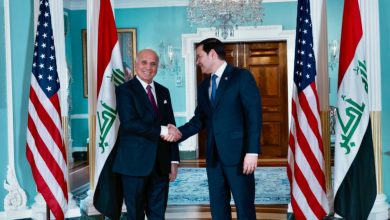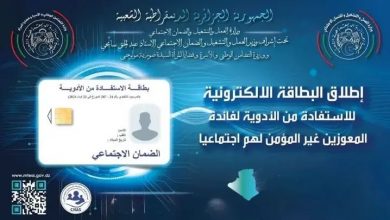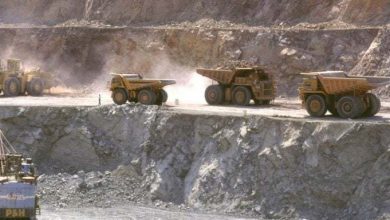Algeria is making significant strides in bolstering its food security through strategic investments in agricultural technology (AgTech), innovation, and sustainable water management practices. Recent reports from the Algerian Press Agency highlight a multi-faceted approach aimed at modernizing the agriculture sector and ensuring a stable food supply for the nation.
One key area of focus is the integration of digitization across the agricultural value chain. By leveraging digital tools and platforms, Algeria aims to improve efficiency, optimize resource allocation, and enhance decision-making for farmers and policymakers alike. This includes utilizing data analytics to predict crop yields, manage irrigation systems more effectively, and connect farmers directly with markets.
The Food and Agriculture Organization (FAO) recently recognized the Algerian Space Agency for its crucial role in combating desert locust infestations. This highlights the importance of technological innovation in addressing agricultural challenges and protecting crops from devastating pests. Satellite imagery and remote sensing technologies are being used to monitor locust populations, predict their movements, and implement targeted control measures.
Water scarcity is a major concern in Algeria, and the government is actively promoting the use of treated wastewater for irrigation and industrial purposes. This sustainable approach not only conserves precious freshwater resources but also provides a reliable source of water for agriculture, particularly in arid and semi-arid regions. Minister Derbal emphasized the importance of maximizing the value of treated wastewater to support both agricultural production and industrial development.
Several large-scale agricultural projects are underway to further enhance Algeria’s food production capacity. The Italian-Algerian joint venture in Timimoun, focused on grain and legume production, is progressing well and is expected to contribute significantly to the country’s self-sufficiency in these essential crops. This project exemplifies the potential of international collaboration in driving agricultural development.
International agricultural fairs and exhibitions are also playing a vital role in showcasing the latest technologies and attracting investment to the sector. The International Agricultural Investment and Technology Salon, which recently concluded its third edition, attracted over 12,000 visitors, demonstrating the growing interest in AgTech solutions in Algeria.
Furthermore, efforts are being made to explore and utilize groundwater resources sustainably. Geophysical studies in Zbarbar (Bouira) have yielded promising results, indicating the potential for developing new groundwater sources to support agricultural activities. The government is also implementing programs to support oilseed producers, aiming to diversify agricultural production and reduce reliance on imports.
These initiatives, driven by presidential directives, are contributing to tangible gains in the agricultural sector. Investments in irrigation infrastructure, particularly through supplementary programs, are expected to improve public services and enhance agricultural productivity across the country. By embracing innovation, promoting sustainable practices, and fostering collaboration, Algeria is paving the way for a more secure and resilient food future. The focus on AgTech, water management, and strategic partnerships will be crucial in achieving long-term food security goals.
Related: More algeria articles on DZWatch
Source: External reference




